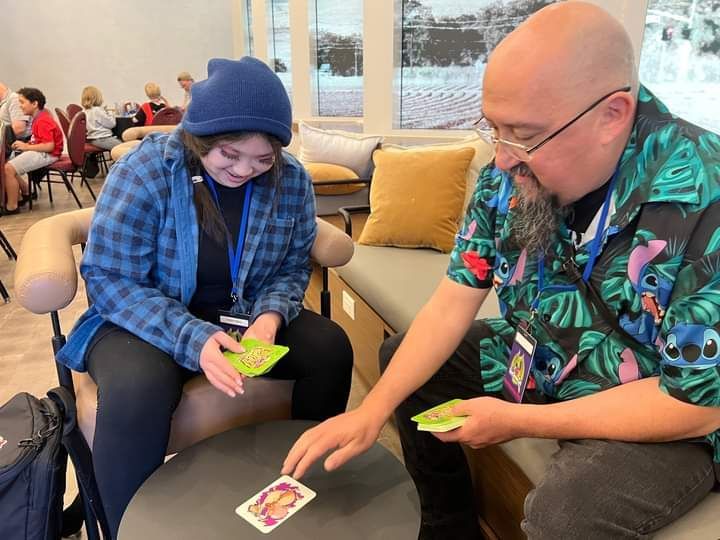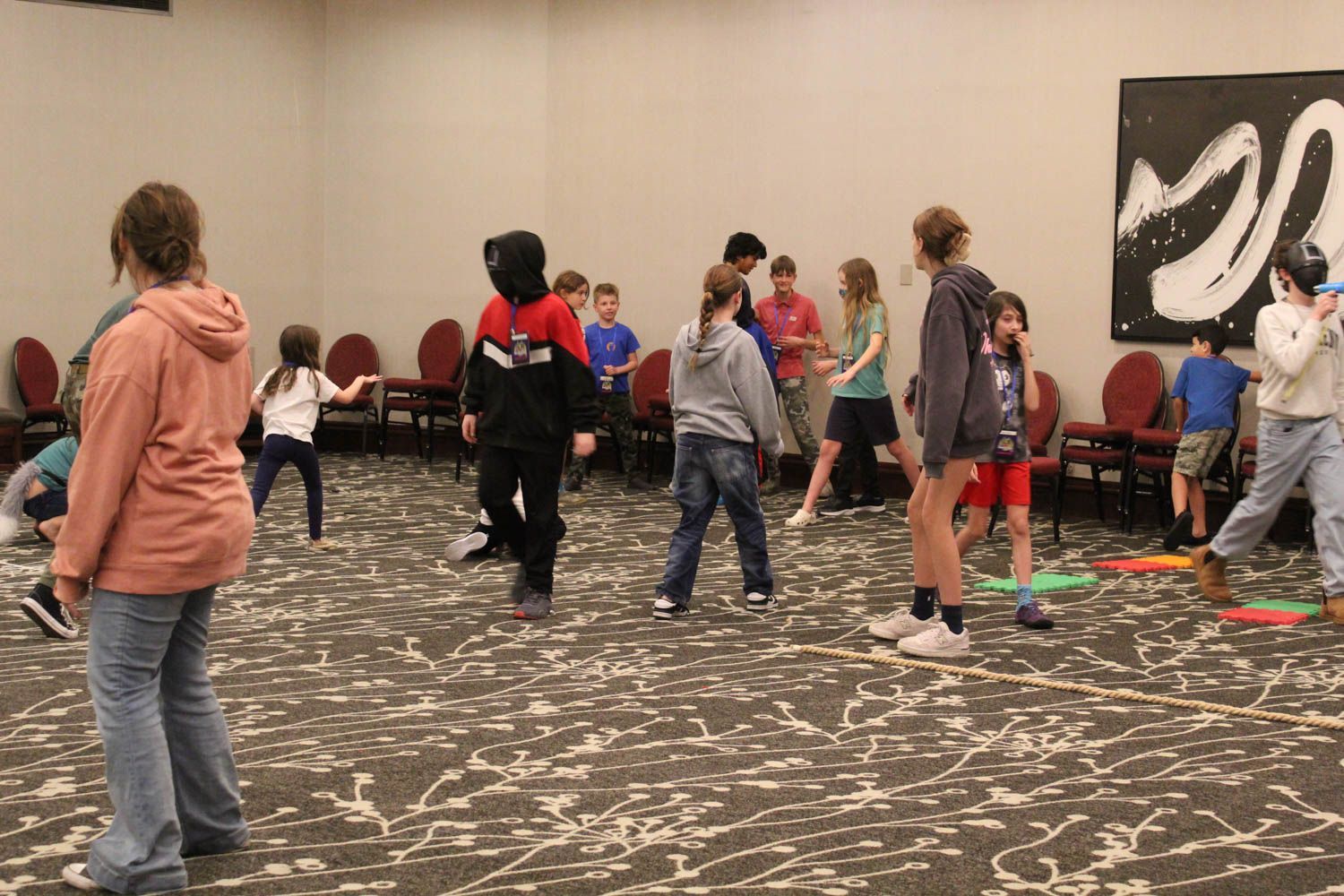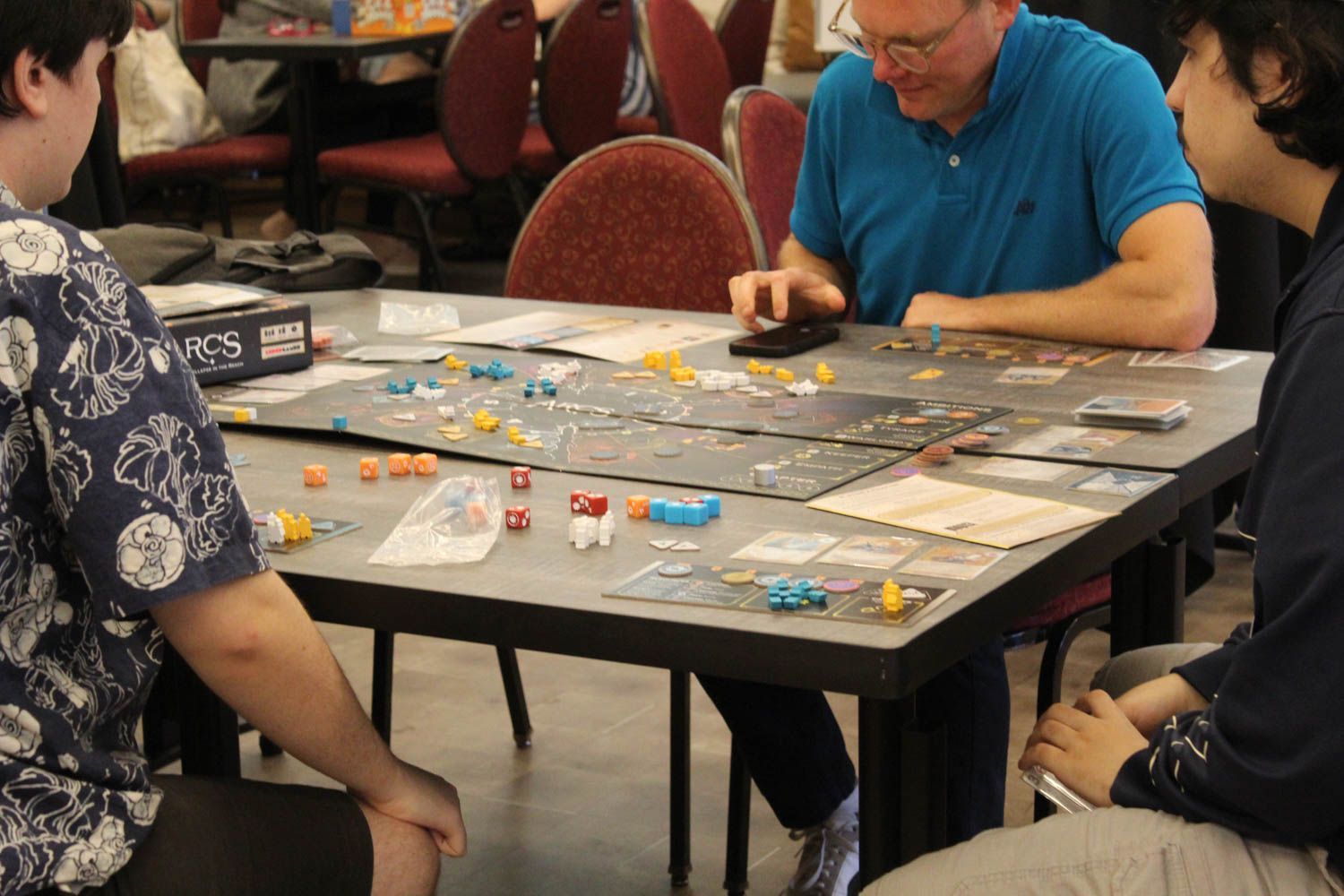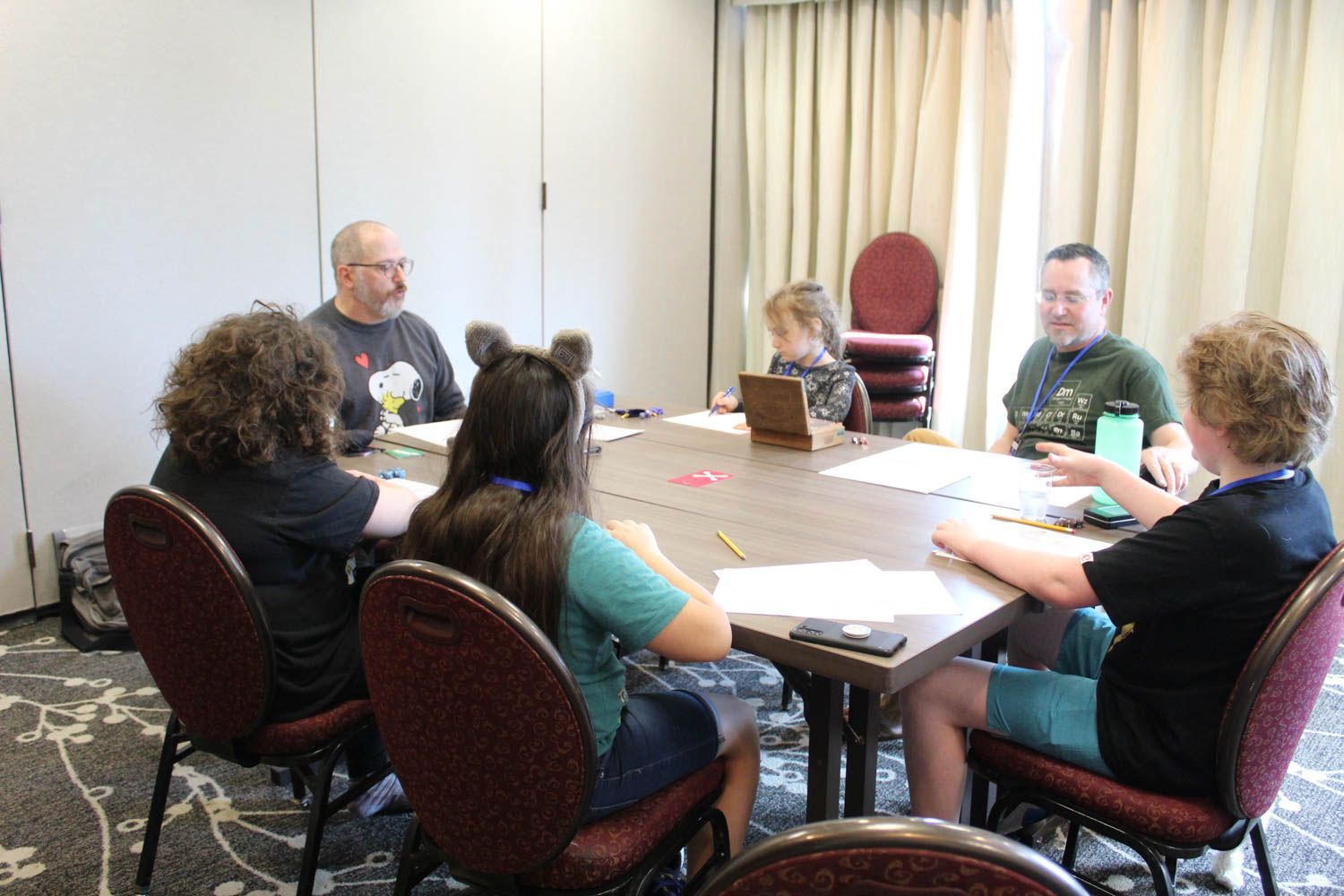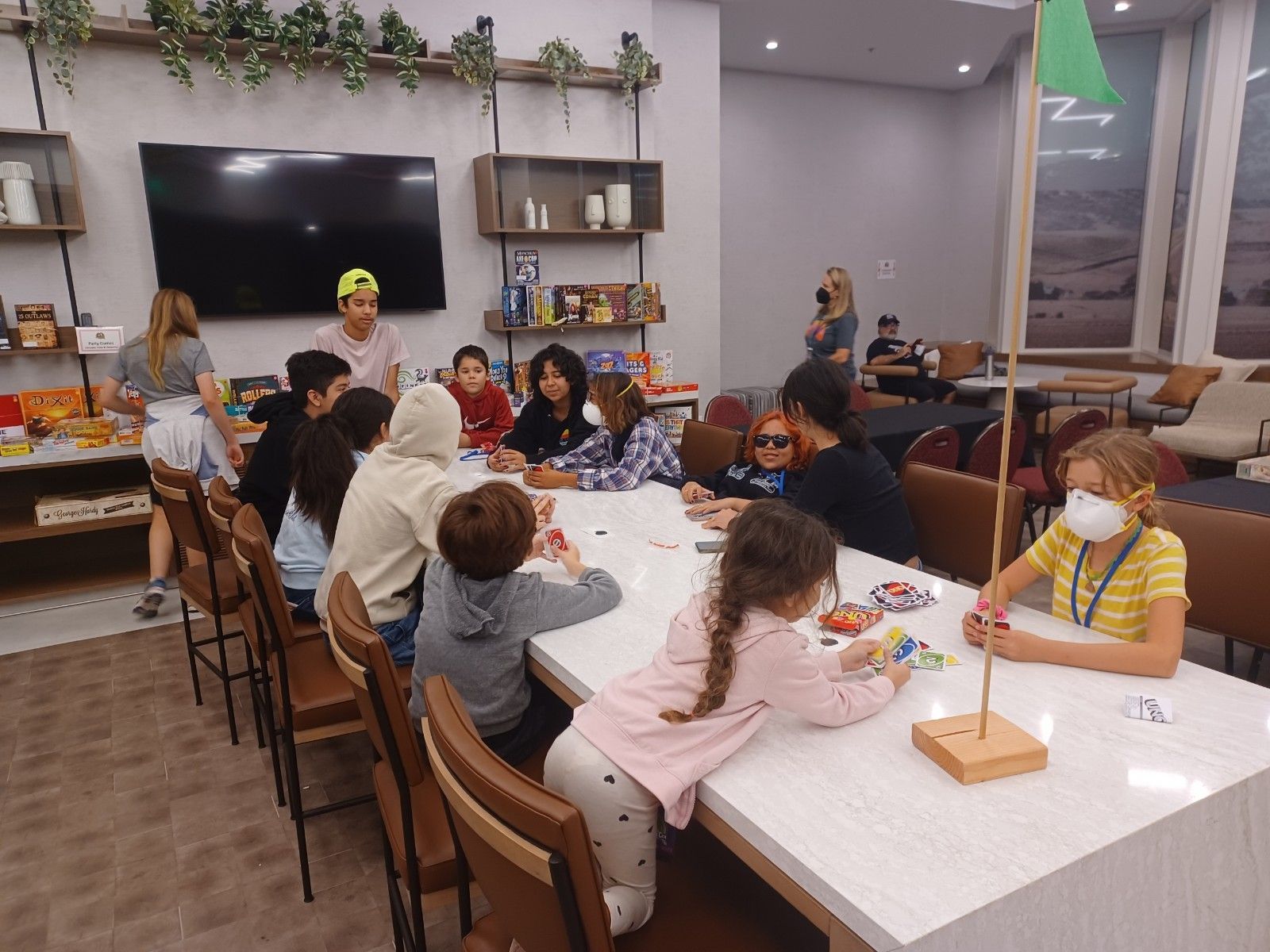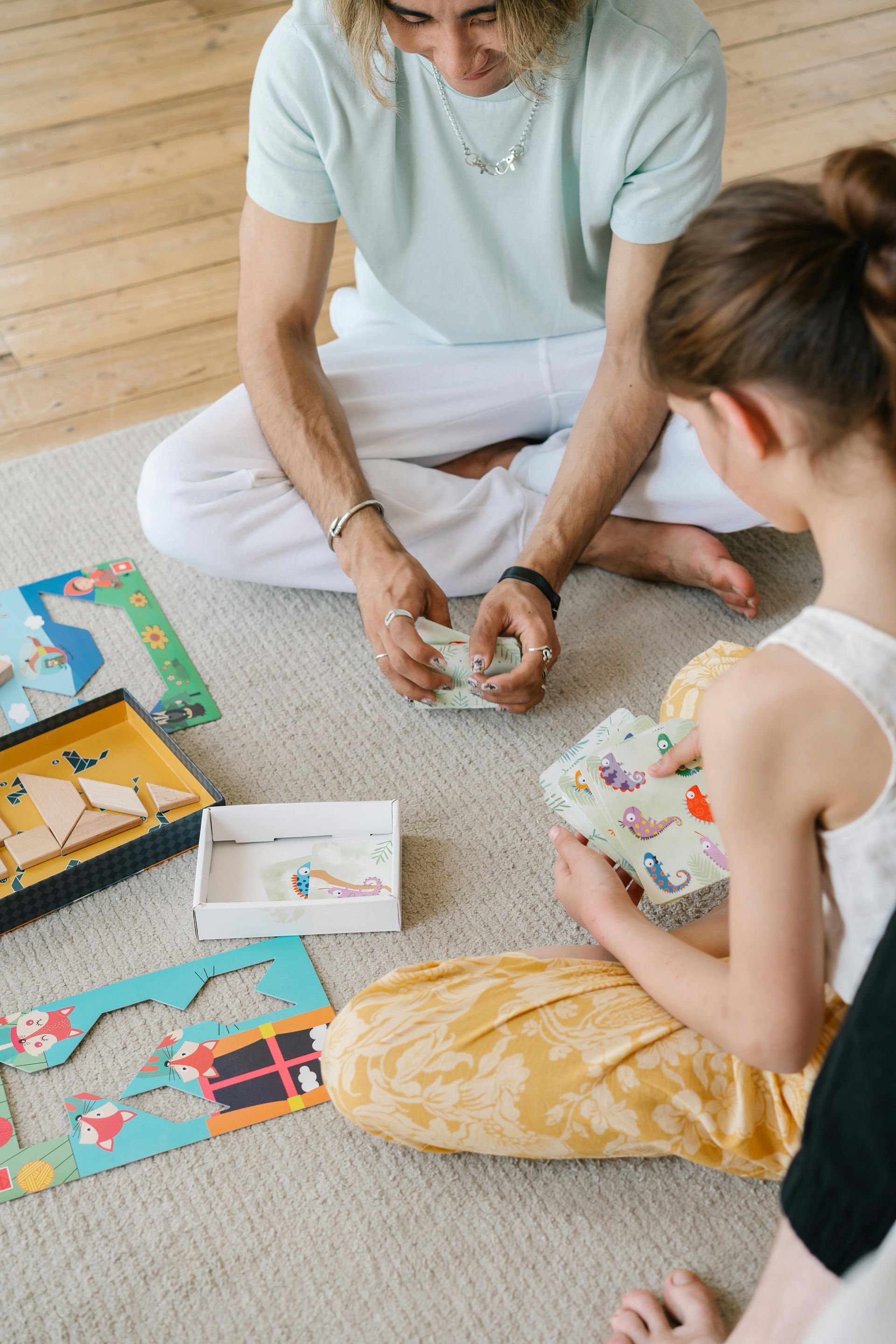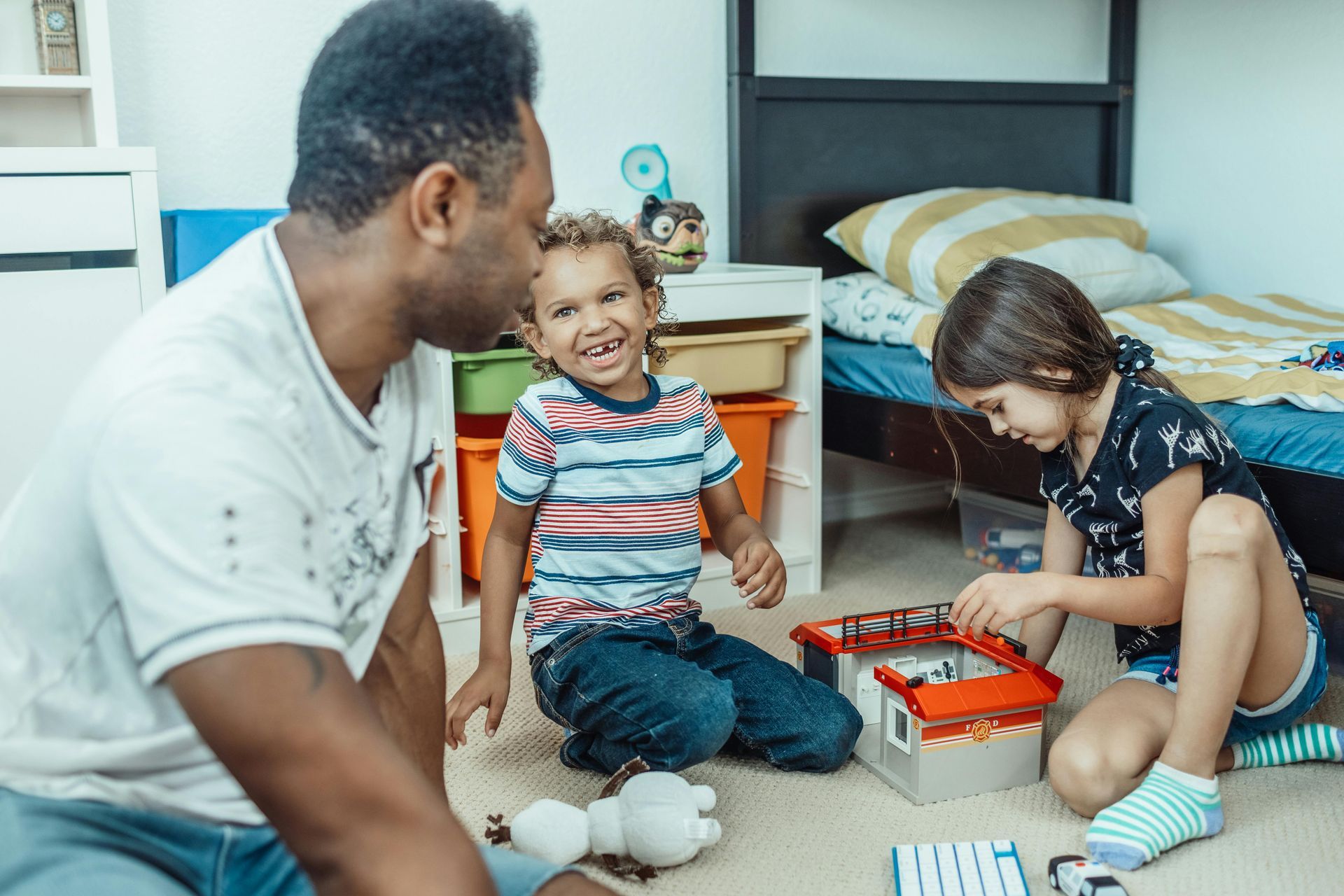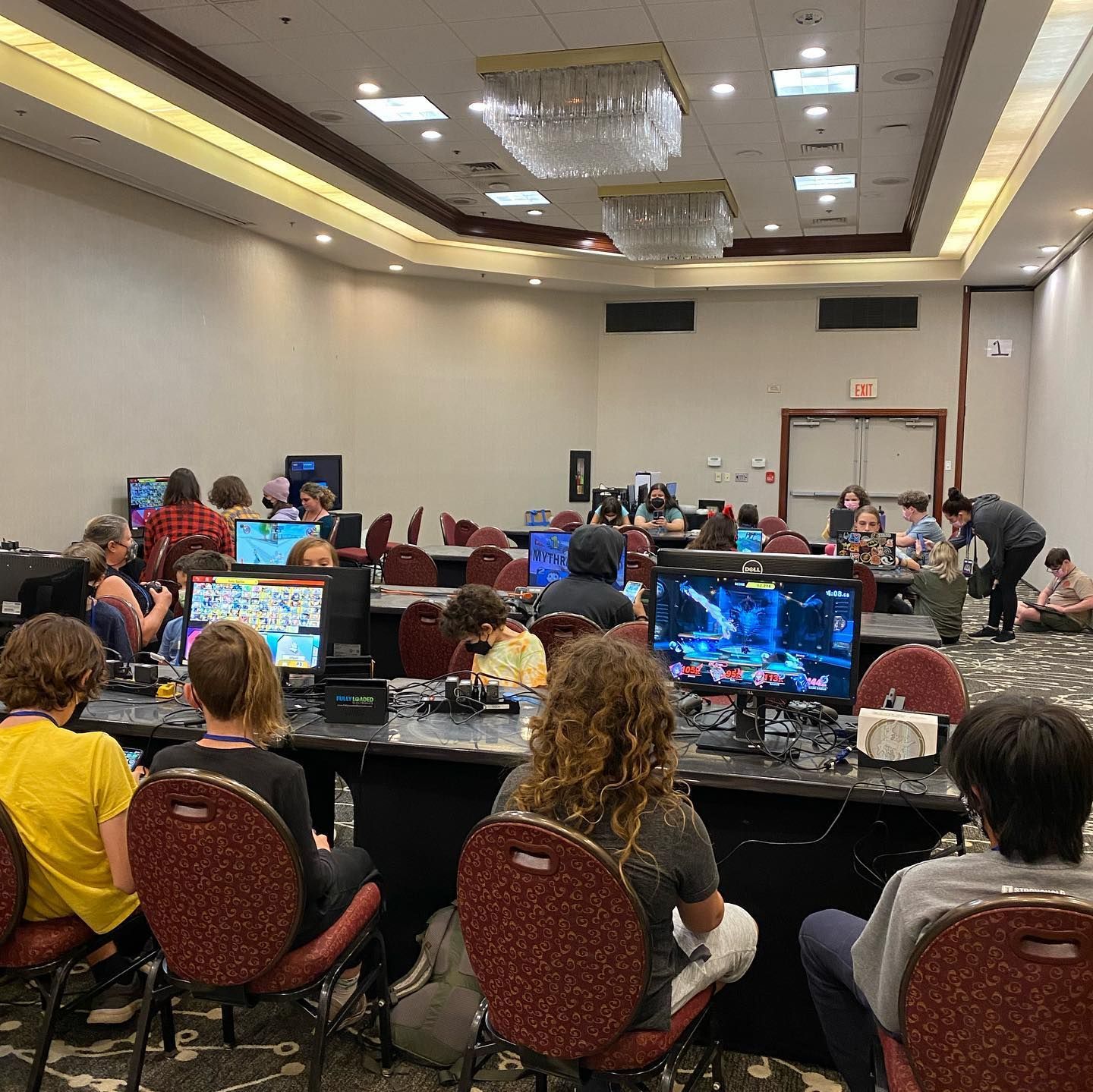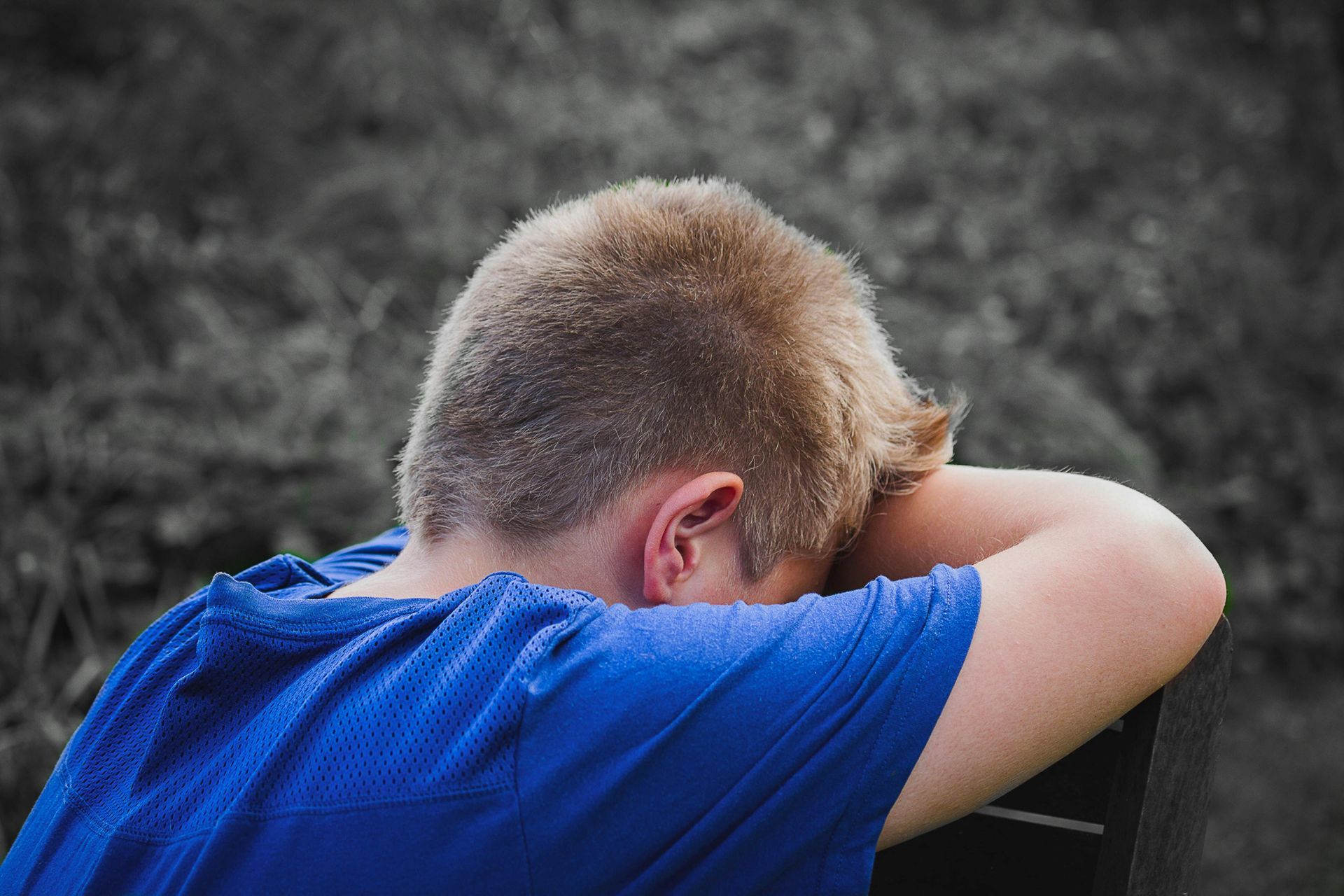February 19-22, 2026
Nurturing Social and Emotional Skills Through Cooperative Play
October 15, 2025
Learning to Win Together
When we think of learning, we often picture math facts or reading practice. But one of the most valuable parts of a child’s education can’t be graded or measured on a test. Social and emotional skills help children understand and manage emotions, build healthy relationships, and make thoughtful choices.
Through cooperative play, kids practice these skills every time they work together, listen to others, and solve problems as a team. Cooperative games shift the focus from “Who wins?” to “How can we win together?” Along the way, children gain confidence, empathy, and a sense of belonging.
What Is Social and Emotional Learning (and Why It Matters)
The Child Mind Institute explains that social and emotional learning (SEL) helps kids “recognize and manage their emotions, build empathy, and handle relationships effectively.” These are lifelong skills that support both learning and mental health.
SEL encourages children to:
- Identify and express emotions in healthy ways
- Communicate and listen with respect
- Take responsibility for their choices
- Build empathy and understanding
- Resolve conflicts thoughtfully
Research shows that children who develop strong social and emotional skills are more likely to thrive in school, relationships, and life. Cooperative play provides a natural, joyful way to strengthen those skills without formal lessons.
Why Cooperative Games Support SEL
In cooperative games, players work toward a shared goal instead of competing against each other. Success depends on teamwork, communication, and creative problem-solving.
These games help children navigate real emotions in a low-stakes environment. When a group wins, they celebrate together. When they lose, they share disappointment and talk about what to try next time. That process builds empathy, self-control, and resilience.
Cooperative play also helps kids see the value of different perspectives. A strategy that works for one player might not for another, so the group must negotiate, compromise, and listen to succeed.
Key SEL Skills Strengthened by Cooperative Play
- Self-Awareness: Recognizing feelings during exciting or stressful moments.
- Self-Management: Managing frustration and staying calm when plans change.
- Social Awareness: Understanding how teammates feel and what they need.
- Relationship Skills: Communicating clearly, listening, and sharing decisions.
- Responsible Decision-Making: Considering how choices affect the whole group.
Every round of a cooperative game offers kids the chance to practice these skills in small, meaningful ways.
5 Games That Build Social and Emotional Skills
Here are some favorite cooperative games that help children grow socially and emotionally while having fun.
1. Outfoxed! (Ages 5+)
Players work together to solve a mystery before the guilty fox escapes. This fun, accessible game teaches communication, observation, and teamwork.
2. Hoot Owl Hoot! (Ages 4+)
A sweet beginner game where everyone helps the owls fly home before sunrise. It’s great for practicing patience and turn-taking.
3. Forbidden Island (Ages 8+)
Players cooperate to collect treasures before the island sinks. It reinforces planning, communication, and adapting under pressure.
4. Pandemic (Ages 8+)
Players act as members of a global disease-control team. It challenges older kids and adults to manage stress, share ideas, and trust one another’s roles.
5. Mysterium (Ages 10+)
Players interpret abstract images to solve a mystery together. It encourages empathy, imagination, and teamwork.
Each of these games offers rich opportunities for emotional growth wrapped in the joy of play.
Beyond the Board Game Table
Cooperative play doesn’t have to stay indoors. Social and emotional skills can grow through any activity that involves shared goals and communication, such as:
- Collaborative storytelling: Take turns adding to a group story.
- Co-op video games: Try titles like
Unravel Two or
Overcooked 2 that rely on communication and patience.
- Role-playing games (RPGs): Games like
Dungeons & Dragons let players explore empathy and problem-solving through character perspectives.
- Outdoor challenges: Work together to build a fort, solve a scavenger hunt, or complete an obstacle course.
What matters most is creating space for connection, cooperation, and reflection.
Why Social and Emotional Growth Through Play Lasts
Play gives children a safe place to experiment with emotions, practice communication, and build confidence. They learn to handle mistakes, share success, and navigate differences while having fun.
These lessons extend well beyond the game table. When kids experience teamwork and empathy through play, they carry those skills into friendships, learning environments, and family life.
Growing Together Through Play
Cooperative play is about more than fun. It’s about learning how to connect, care, and communicate. Through games that focus on teamwork instead of competition, children practice the core of social and emotional learning in ways that feel natural and joyful.
When families play together, they’re not just making memories. They’re building empathy, resilience, and understanding—skills that shape who their children will become.
